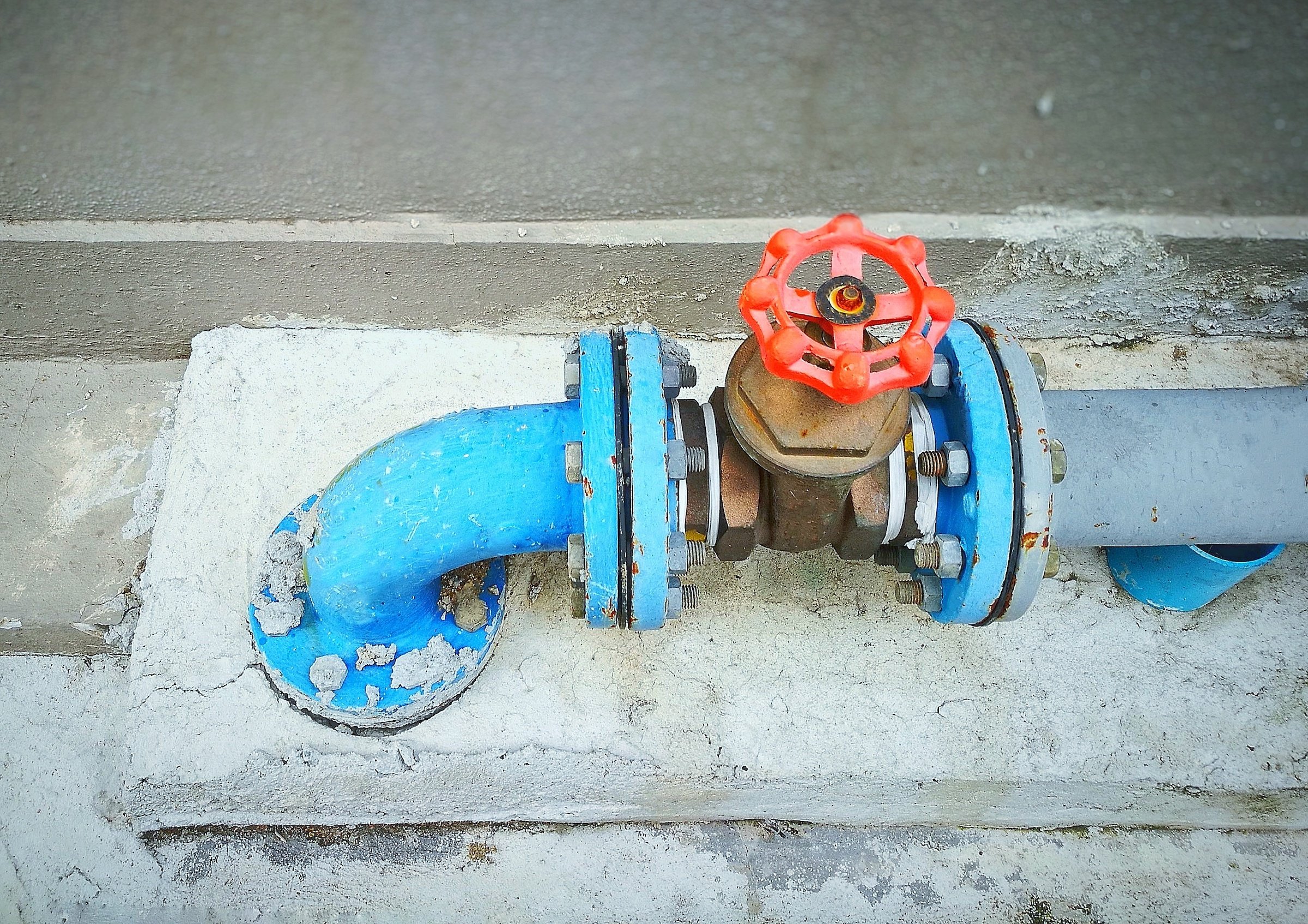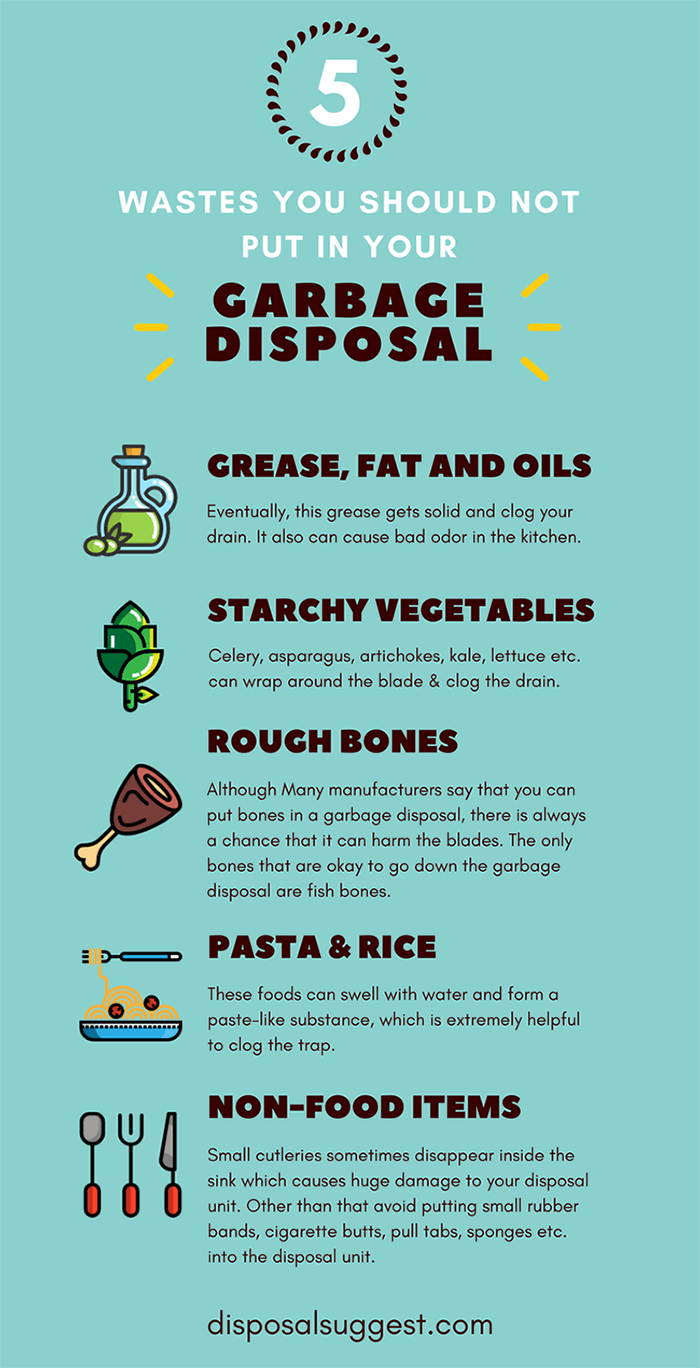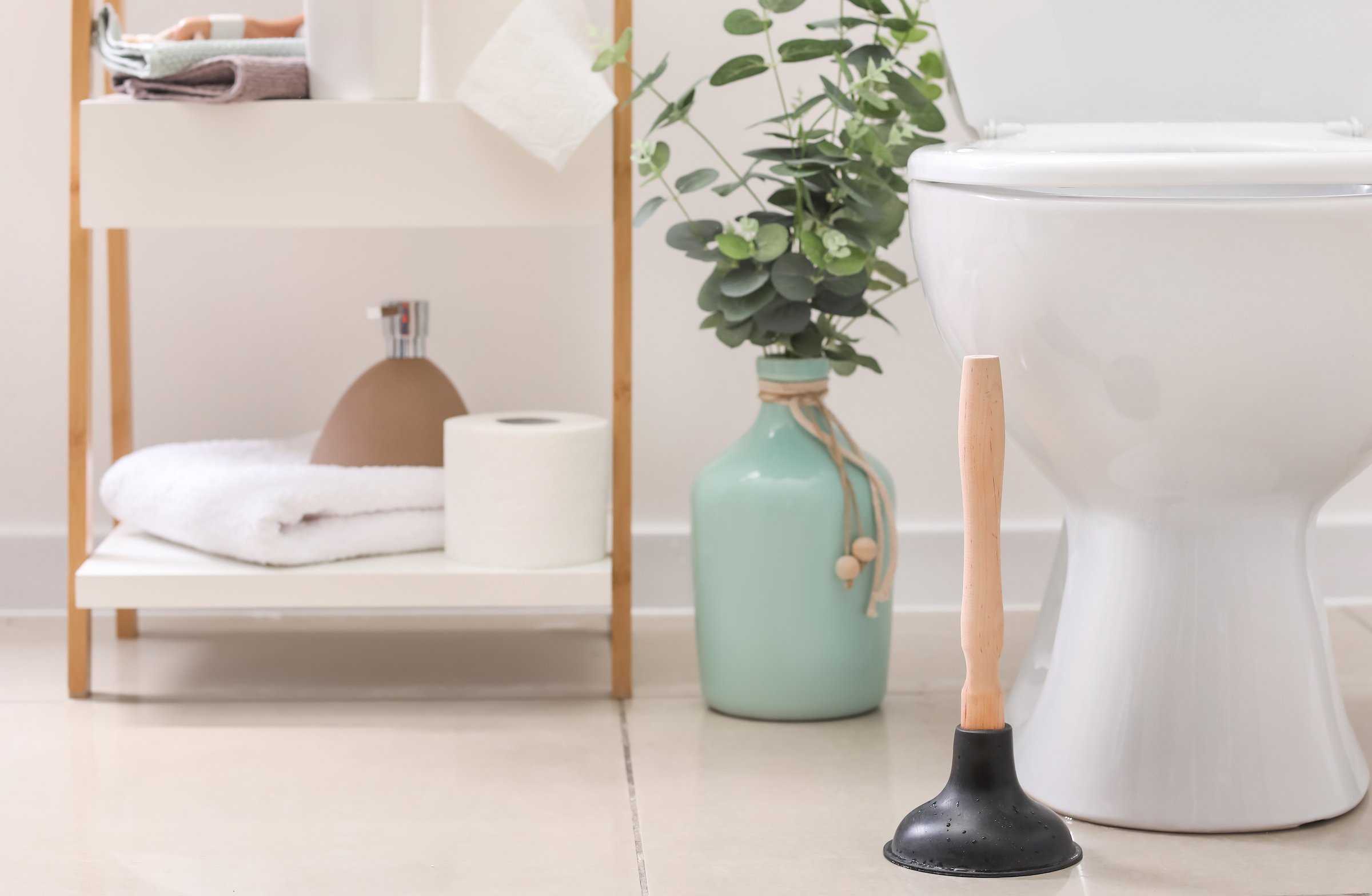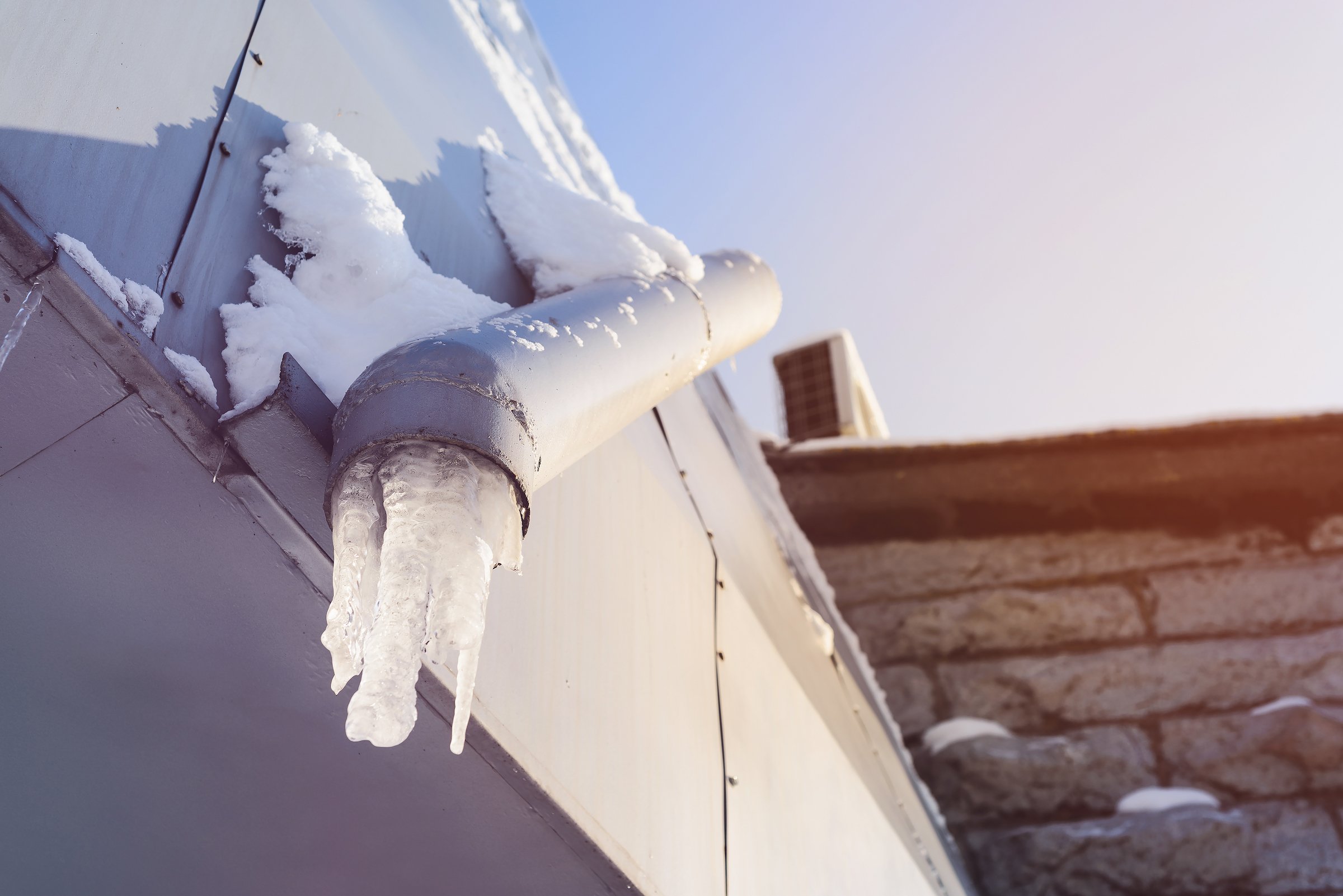This blog post is part of our home maintenance for first time homeowners series. Stay tuned for more!
Remember the days of just calling up the landlord when you had a leaky faucet or an overflowing toilet? Now that you own your home, you also own and are responsible for all of its systems—including the plumbing. While it’s certainly more fun to learn how to install flooring or put up kitchen backsplash, understanding how to tackle basic plumbing issues is an essential part of owning a home.
Left unchecked, small plumbing issues can turn into large ones before you know it, potentially adding up to thousands of dollars in plumbing bills. Having a basic knowledge of plumbing skills will serve you well over your years as a homeowner, even if it’s just understanding how to stop water from gushing out of the pipes until a professional can arrive to fix the problem.
Just bought a home and have no idea how plumbing works beyond turning on a faucet? Here are five of the most basic plumbing tips for homeowners that give you good peace of mind.
1. Locate the Main Water Shut Off Valve and Know How to Turn it Off

Of all the plumbing tips for new homeowners to learn, locating and knowing how to turn off the water is the most important. Every single home has a shut off valve for the main water line, which is either located in the basement, in a crawl space, near the water heater, under the kitchen sink, or outside of the home in a covered utility box in the ground. Your inspector should have pointed out where the main shut off valve was located in the report, so be sure to refer to that if you can’t find it.
To turn the water off at the main shut off valve, turn the valve clockwise with your hand (or, if you had to go outside to find the main valve, using a meter key). This will stop the flow of water into your house and no appliances or fixtures will be able to output anything.
2. Understand What Can Go Down the Garbage Disposal—and What Can’t
 Image via DisposalSuggest
Image via DisposalSuggest
A garbage disposal is a surprisingly delicate thing. Understanding what can and can’t be put down the garbage disposal will save you from causing a huge clog. Here’s a list of things to avoid putting down the disposal:
- Eggshells
- Coffee grounds
- Nuts and seeds
- Potato peels
- Cooking oil & fat
- Pasta and Rice
3. Know Your Way Around a Plunger
When you own a home, it’s inevitable that you’ll need to use a plunger at some point to unclog a toilet, sink, or a bathtub. To use a plunger effectively, you’ll first need to use the proper plunger for a job: A flange for a toilet and a cup plunger (the type of plunger you most typically see) for tubs and sinks.
If you’re plunging a sink or a bathtub, you’ll first need to seal off any overflow holes and then ensure that there is the correct amount of water in the basin you’re plunging—not too much, not too little. Then, no matter if you’re plunging a toilet, sink, or bathtub, get a tight seal and then plunge up and down in a vertical motion for about 20 seconds.
4. Protect Pipes from Freezing Temperatures
 If you live in a cold climate with subzero temperatures, then you’re going to need to know how to protect your pipes from freezing over in the winter. Anytime the outside temperatures dip below 20 degrees Fahrenheit, you’ll need to do preventative measures to avoid your pipes from freezing, which can cause a huge plumbing headache.
If you live in a cold climate with subzero temperatures, then you’re going to need to know how to protect your pipes from freezing over in the winter. Anytime the outside temperatures dip below 20 degrees Fahrenheit, you’ll need to do preventative measures to avoid your pipes from freezing, which can cause a huge plumbing headache.
To protect your pipes from freezing, you can do all of the following:
- Keep all of the kitchen and bathroom cabinet doors open so that warm air can circulate to the pipes.
- Put all of the faucets on a slow drip so that water is always flowing.
- Wrap insulation around exposed pipes, using either heat tape or a pipe sleeve
5. Learn How to Fix a Leaking Pipe
Lastly, one of the most basic plumbing tips a new homeowner can use is to know how to spot and fix a leaking pipe. If left untouched, a leaking pipe is more than just an annoyance—it can potentially cause serious damage. Until the plumber arrives to investigate what caused the leak and how to properly fix it, shut off the water valve and do one of the following temporary fixes:
- Apply epoxy putty on the leak
- Buy a pipe clamp and create a seal on the leak
- Use a pipe repair kit with tape
Find the Go-To Plumber You Can Always Call to Fix a Leak
A plumbing problem is not something you want to wait on. Now that you’re a first time homeowner, you need to find your go-to plumber who you can call in a pinch. The best way to find someone great is to get recommendations from neighbors, your real estate agent, or to do a simple Yelp search and read reviews.
If you live in Dallas, Puls is proud to offer quick plumbing services that revolve around your schedule. Our technicians can assist you with issues on washers, sinks, leaky faucets, grumbling garbage disposals and more.



